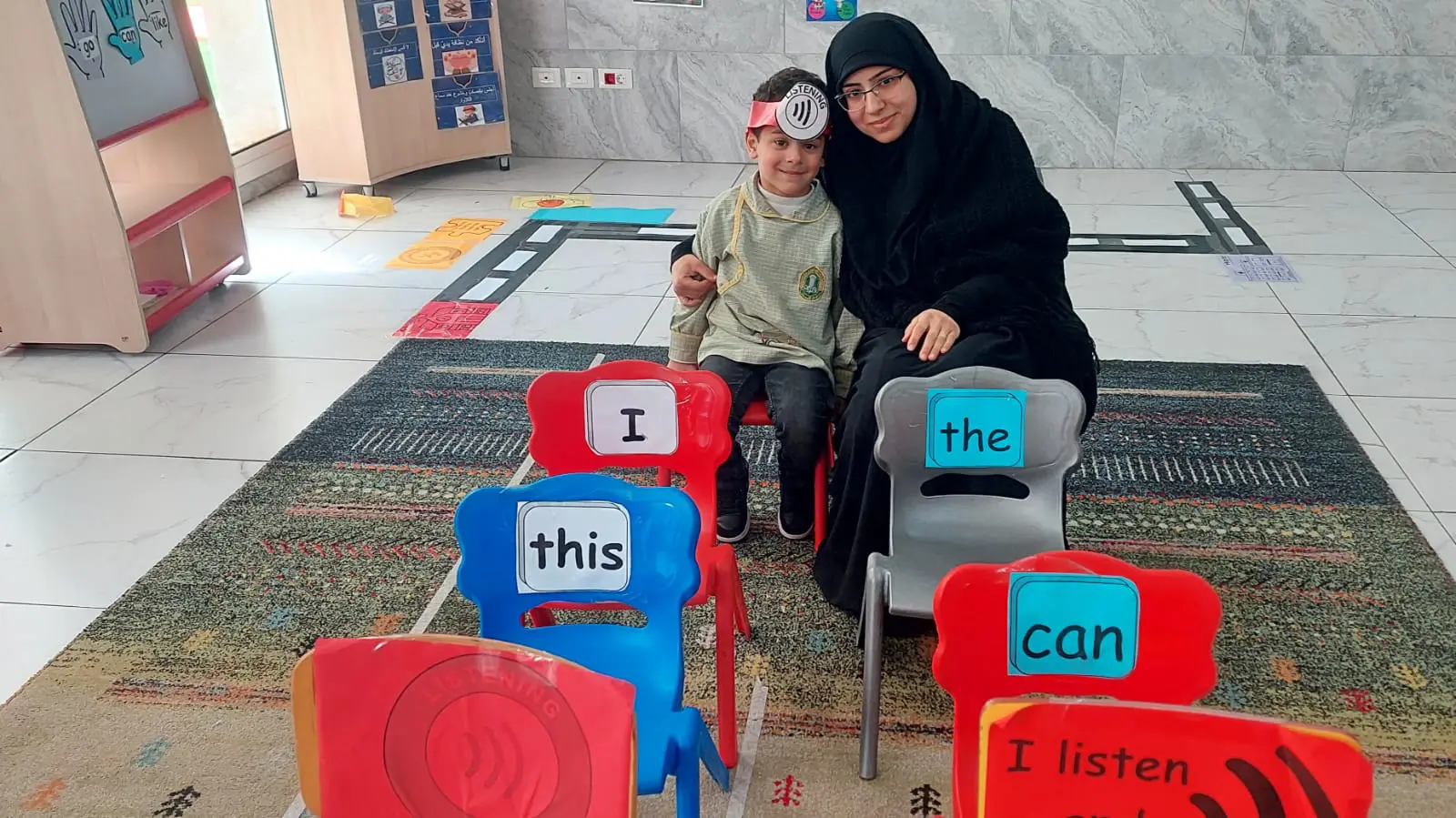Essential skills became a central focus in school events, classroom practices, and creative projects. Teachers and students collaborated on presentations and performances for occasions like Teacher’s Day and graduation. Students also applied skills during external events such as university visits and inter-school fairs. In art, drama, and sports, instructors reinforced essential skills through creative, performance-based, and team-oriented activities. Secondary students reflected on the relevance of these skills in their lives and aspirations. Opportunities for practice were integrated into various subjects: civics used listening activities and debates to enhance speaking skills and problem-solving, while language subjects incorporated problem-based learning tasks requiring creativity, teamwork, and strategic thinking. In the arts, collaborative projects culminated in performances and exhibitions, where students practiced public speaking. Science fairs showcased a full range of essential skills, including listening, presenting, teamwork, critical thinking, and purposeful communication, highlighting students' ability to act as creative, goal-oriented teams.
























